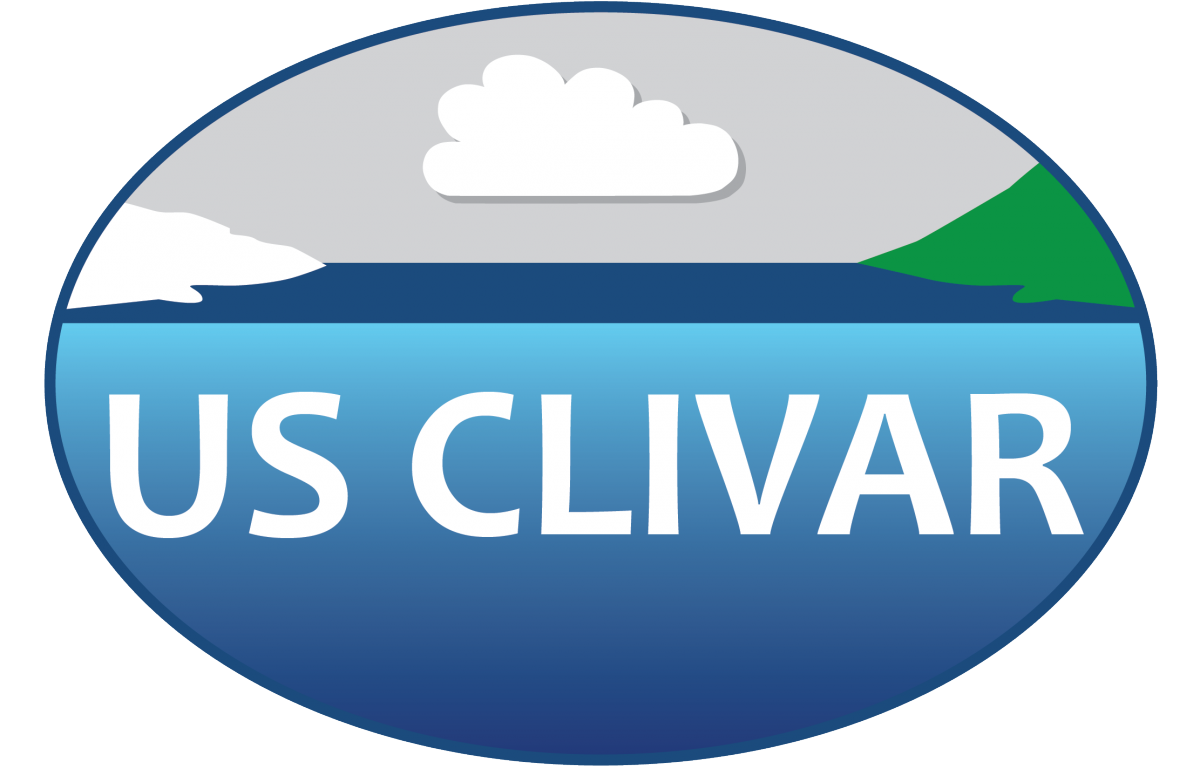Surface Currents in the Coupled Ocean-Atmosphere System Workshop
Ocean surface currents have a profound influence on human life in two major ways: they are critical in horizontal transport and dispersal of pollutants and physical, biological, and chemical properties, and they are an important factor in air-sea exchange of properties like heat and energy. These factors underscore a broader need for better air-sea fluxes to improve subseasonal-to-seasonal prediction. Surface currents have been poorly observed, particularly within the upper meter of the ocean, but new aircraft- and space-based platforms to measure surface currents are on the horizon.
The Workshop on Surface Currents in the Coupled Ocean-Atmosphere System brought together members of the “physics” and “applications” communities in the field of ocean surface currents. The overarching aims of the workshop were to:
- Develop a practical definition for “surface current”, including the measurement and model depths and accuracies needed for different applications;
- Summarize the ways in which surface currents modify air-sea coupling and how they respond to air-sea coupling, and the extent to which this coupling can affect processes and applications;
- Quantify uncertainties in estimates of transport of pollutants, particles, sea ice, etc. resulting from misrepresentation of surface currents in models and observations, the impacts on climate prediction resulting from these uncertainties, and how new measurement strategies (e.g., from satellites) can help in this.
A major objective of this workshop was to develop plans for improved modeling and observations of surface currents with the goal of understanding different processes. A second objective was to improve the interdisciplinary collaboration between the physical oceanography, atmospheric science, and biological and chemical oceanography communities, as well as the surface currents “applications” communities.
Target Participants
The organizing committee anticipates that the workshop brought together 70 US and international participants with expertise in related oceanographic topics (surface currents, oceanic and atmospheric boundary layer dynamics and coupling, observations, ocean and climate modeling, wave-current interactions, meso- and submesoscale horizontal and vertical fluxes, and transport of biological communities and their associated biogeochemical signatures) and applications (marine ecosystems and fisheries productivity, sea ice formation and transport, tropical cyclones, sea level and coastal flooding, transport of plastics and oil, and ship routing).
Location/Dates
Scripps Institution of Oceanography, Sumner Auditorium, 8596 La Jolla Shores Drive, La Jolla, CA 92037. February 22-23, 2020.
Workshop Format
A two-day workshop with posters, short presentations, and guided discussion (breakout sessions) was hosted to achieve workshop objectives and community building.
Day 1 AM: Plenary - Current state of knowledge about the role of currents in air-sea coupling; breakout session
Day 1 PM: Plenary - Vertical structure of near-surface velocity (and impact on applications); breakout session. Day 1 will end with a poster session and reception.
Day 2 AM: Plenary - Wind-wave-current interaction (and impact on applications); breakout session
Day 2 PM: Plenary - Applications; breakout session. Day 2 will end with report from the four breakout sessions.
Outcomes
A US CLIVAR Workshop Report on
- The likely range of impacts of currents on a wide range of applications.
- A strategy for the observations, analyses, and modeling efforts needed to test these impacts.
- Recommended targets for interdisciplinary research on processes and applications and planned efforts to move forward with such activities.
Detailed Agenda
Detailed agenda is now available.
Scientific Organizing Committee
Mark Bourassa, Florida State University (co-chair)
Kyla Drushka, University of Washington (co-chair)
Shane Elipot, University of Miami
Tom Farrar, Woods Hole Oceanographic Institution
Peter Gaube, University of Washington
Sarah Gille, University of California - San Diego
Hyodae Seo, Woods Hole Oceanographic Institution
Mike Stukel, Florida State University
Aneesh Subramanian, University of Colorado
Program Organizing Committee
Mike Patterson, US CLIVAR
Jennie Zhu, US CLIVAR
Workshop Sponsors



